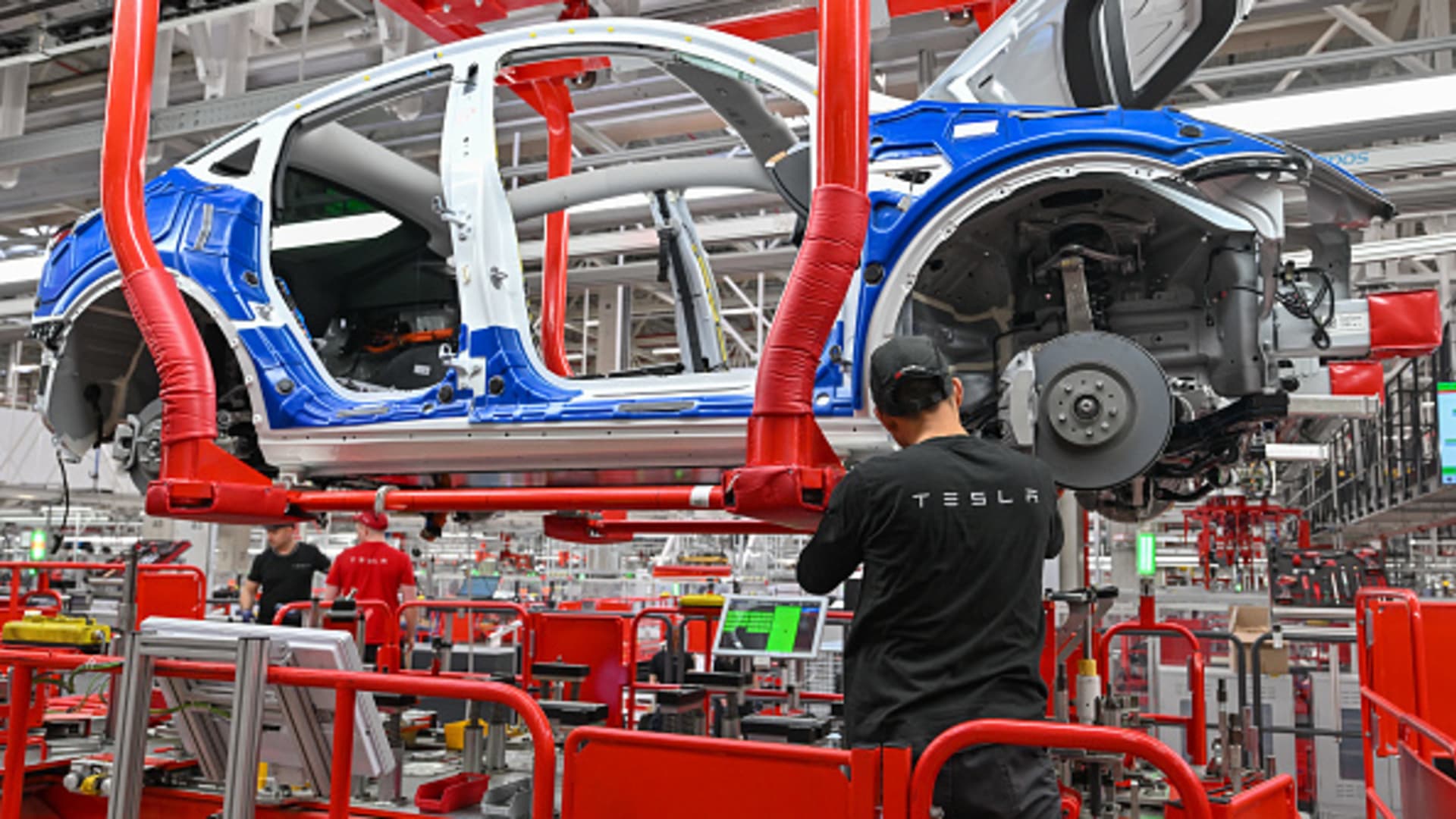Tesla, a global leader in electric vehicle manufacturing, has recently faced a downturn in its stock performance due to various challenges in the supply chain and price cuts on its vehicles, particularly in China and the U.S.
Supply Chain Delays Leading to Stock Pressure
The disruption in the Red Sea, caused by the ongoing conflict and attacks on cargo ships and merchant vessels by the Iranian-backed Houthi militia group, has significantly impacted Tesla’s supply chain. As a consequence, the company has announced the suspension of most production at its factory in Grunheide, Germany, adding further pressure on its stock performance.
The longer transportation times resulting from the Red Sea crisis have created a gap in Tesla’s supply chains, leading to potential delays in deliveries and affecting the company’s overall production capacity. Analysts estimate that Tesla’s German vehicle assembly plant may experience a substantial hit to deliveries in the first quarter, further exacerbating the stock downturn.
Despite no cited delays in shipping routes from China, disruptions in the Red Sea have raised concerns about potential longer wait times as supply chains are rerouted, and the overall impact on Tesla’s global operations.
Price Cuts and Their Influence on Stock Performance
In addition to supply chain challenges, Tesla has been implementing price cuts on its vehicles, especially in the Chinese market. While the recent discounts on Model 3 and Model Y vehicles were described as more moderate than expected, they have contributed to the stock pressure faced by the company.
Over the past year, continuous price reductions have raised concerns about Tesla’s ability to maintain high sales volumes of its electric vehicles, particularly to rental car companies. The impact of these price cuts on the company’s revenue and profitability has become a significant factor influencing its stock performance.
Rising Labor Costs and Business Challenges
Apart from supply chain and pricing issues, Tesla has been grappling with rising labor costs and ongoing labor strikes in Europe, specifically in Sweden and throughout Scandinavia. These labor-related challenges, along with the implementation of pay rate increases in the U.S., have added to the overall pressure on Tesla’s business and reputation.
The heightened labor tensions and the company’s efforts to address worker demands and unionization threats have been closely watched by investors and analysts as they assess the broader implications on Tesla’s operations and future prospects.
Conclusion
In conclusion, Tesla’s recent stock downturn can be attributed to a combination of factors, including supply chain disruptions, price cuts on its vehicles, and labor-related challenges. As the company navigates through these complexities, the resilience of its global operations and its ability to mitigate these challenges will significantly influence its stock performance and long-term growth trajectory.


